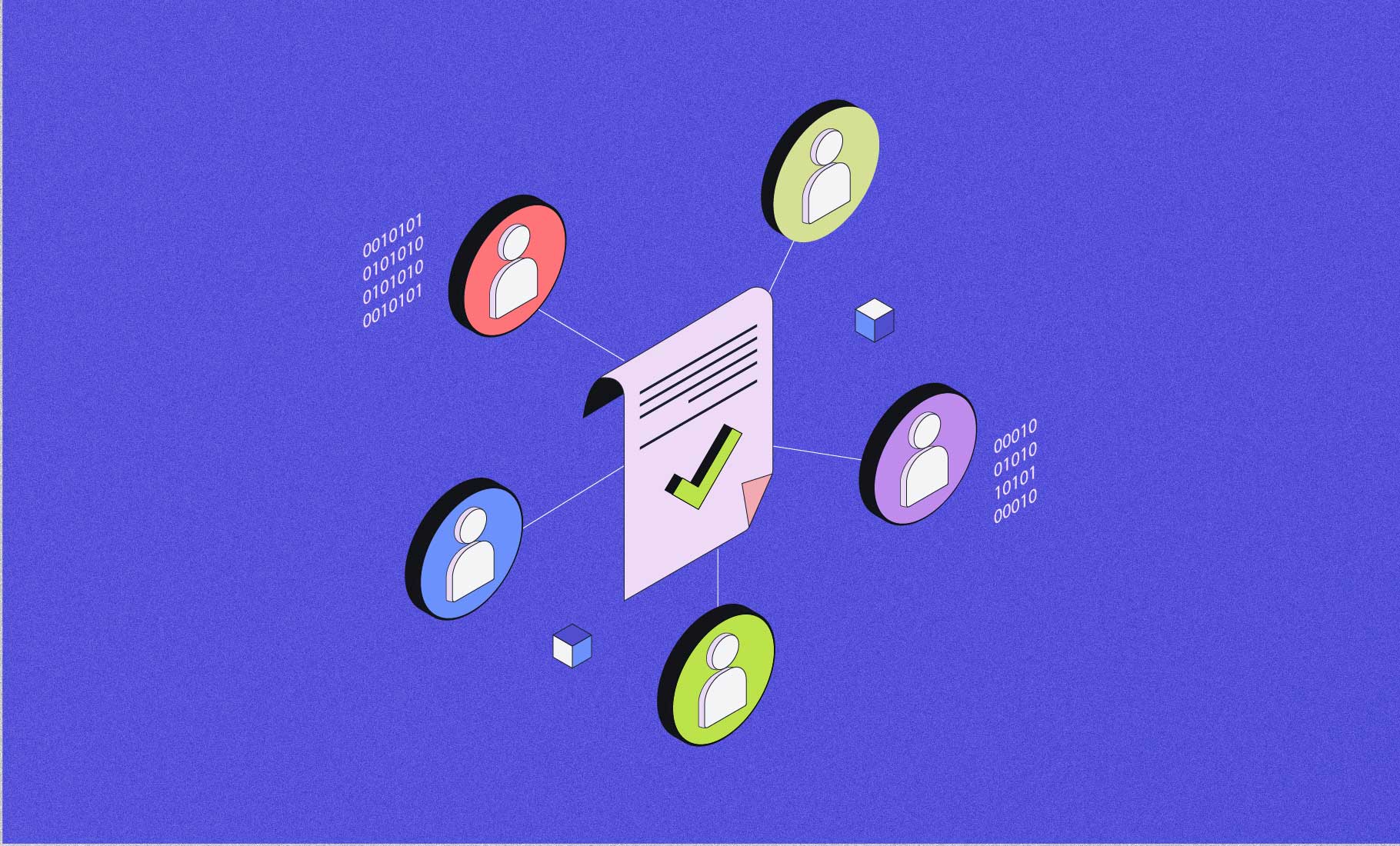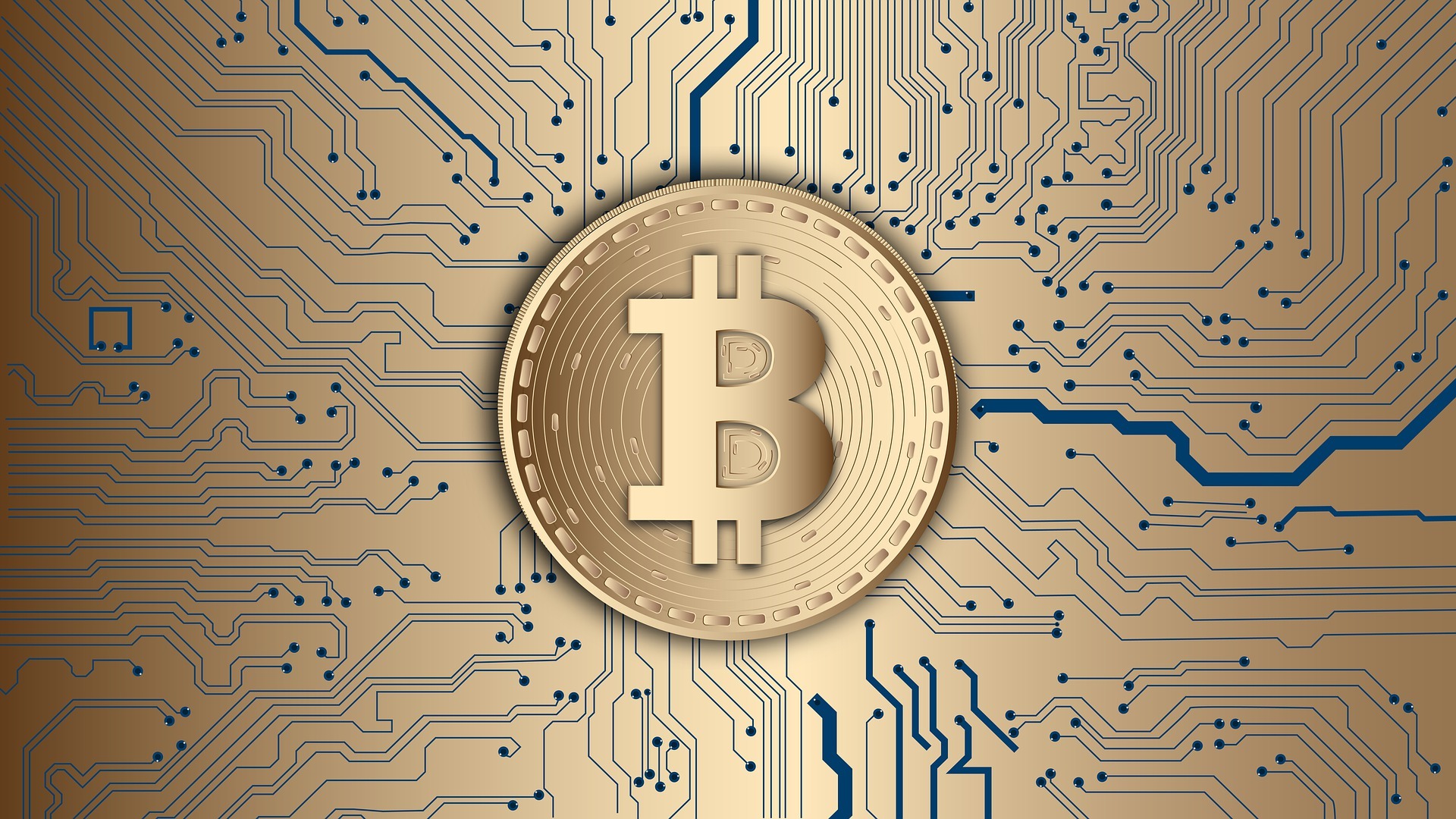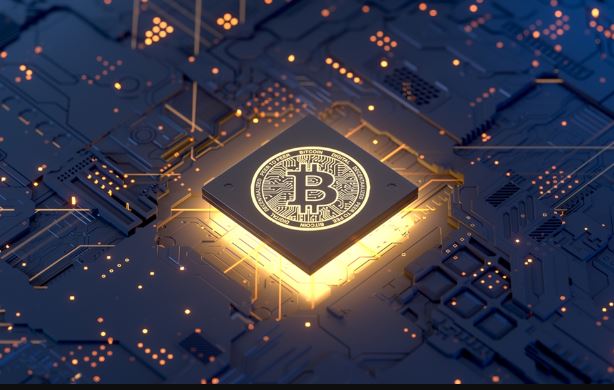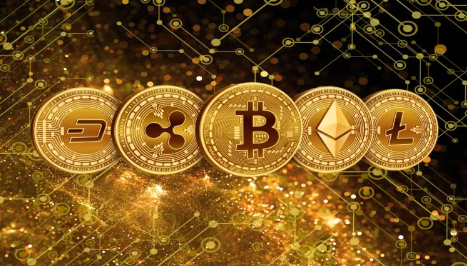Table of Contents
What do weather forecasts and crypto prices have in common? They depend on reliable data sources. Blockchain networks are closed systems. Although information about transactions and smart contracts is transparent for all network participants, no information penetrates from outside. This is exactly where Oracles come in.
Because oracles are independent computer programs, also called agents, that supply blockchain networks with external data. These can be cryptocurrency prices or measured values from weather stations. Oracles are integrated into smart contracts via so-called multi-signature contracts. These must be signed by all contractual partners and can depict simple to complex if-then structures.
Five Oracle Types
There are five types of oracles. software oracles transmit data that is available online, such as flight cancellations or weather data. hardware oracles relay “real world” information, such as data from RFID sensors used to control supply chains.
Inbound oracles provide blockchains with external data such as real-time quotes, while outbound oracles enable the transfer of data in the opposite direction: smart contracts send information to the outside world. at consensus baseFinally, d oracles, multiple oracles are linked together to create a consensus of independent data providers.
Essential for smart contracts
Oracles perform a special function for smart contracts. Smart contracts are initially nothing more than simple contract structures that are self-executing under certain conditions: If the smart contract stipulates that person A transfers money to person B when event X occurs, then the smart contract is also triggered when event X occurs.
This works well at a simple level, as in the example of a loan between two contractors. Event X could be a previously agreed date. But what if the triggering of a smart contract is linked to several conditions?
The more complex, the more error-prone
The more information from the real world is needed to bring a smart contract to life, the more error-prone the smart contracts are as well. And the more capital they move, the more serious the errors can be.
An example: As weather insurance, a smart contract compensates organizers in the event of thunderstorms. The contract requires measured values for this. If incorrect information is passed on, this could result in considerable financial damage for both the insurance company and the insured.
No panacea
Where Oracles solve important problems, they also create new ones. Oracles are only as good as the data sources they use – and they are largely man-made. Even oracles cannot check manipulations or faulty data. Thus, oracles bring to light a problem that blockchain technology was actually trying to solve: trust dependency. If you access external data, you also have to trust the data supplier. So, are oracles hollowing out the “trustless” bid in crypto space?
Not necessarily. Oracle vendors are working on various solutions to work around the problem. Consensus Based Oracles are an approach to minimize the probability of erroneous data. Another is from the Oracle network Chainlink.
Chainlink: The Oracle for DeFi
Chainlink is a network of nodes that feeds “off-chain data” into smart contracts via oracles, making it a key backbone for many decentralized finance (DeFi) applications. That’s what counts right now Chainlink ecosystem 700+ integrations and partnerships, the best known being the DeFi protocols Aave and Synthetix.
If a smart contract needs certain information, they make a request (requesting contract) to the Chainlink protocol. Chainlink processes the request as a new smart contract (SLA contract) containing three sub-contracts.
The Chainlink Reputation Contract selects nodes based on their trustworthiness. Nodes increase their reputation by passing on correct data, thus ousting unreliable oracles. The Chainlink order-matching contract transmits the request to the corresponding nodes. Finally, the Chainlink Aggregating Contract compares the results of the oracles. The data is fed back to the Chainlink protocol via an API.
It doesn’t work without trust
Nodes are paid for their work with LINK tokens. The cryptocurrency also serves as security: Node operators must deposit LINK as a deposit. If they behave incorrectly, they put their invested capital at risk, and a high and honest participation is in turn rewarded with LINK tokens.
Although Chainlink ensures natural selection with the reputation system, it cannot completely avoid the trust problem. The human predetermined breaking point always remains, even if it minimizes the vulnerability to manipulation. Nevertheless, Chainlink’s oracle network performs an important function for the interoperability of blockchain networks, without which many DeFi applications would not even be possible.
- CryptoQuant Analyst: Bitcoin Nowhere Near Its Peak – Buckle Up, Hodlers! - December 21, 2024
- Chainalysis: $2.2 Billion Lost to Crypto Hacks in 2024 - December 21, 2024
- Bank of Japan leaves interest rate unchanged: Impact on the macroeconomy and the crypto market - December 20, 2024
























